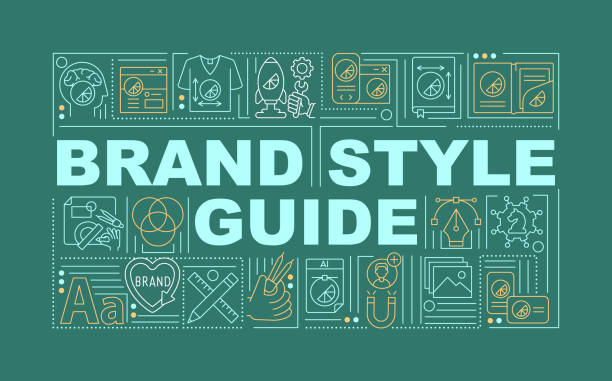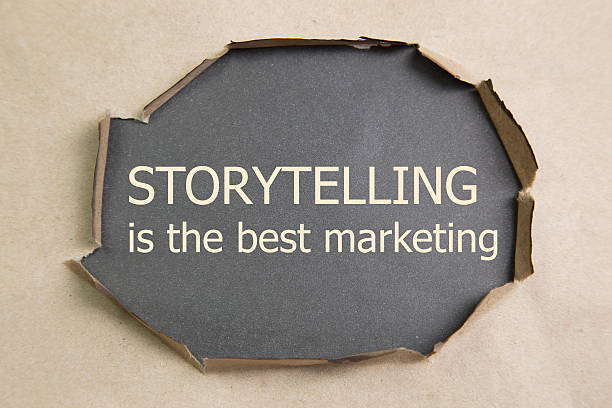The Role of Social Media in Branding
If you’re reading this blog post, it’s likely that you’ve got a social media account of some sort. Maybe you have a Facebook page for your business. Or maybe you have a Twitter account or Instagram feed as well. But how much do you know about how social media affects your brand? And what should you be doing with your accounts in order to make sure they contribute positively to your marketing efforts? In this article we’ll explore the role of social media within an overall marketing strategy and discuss some steps that can be taken to improve your company’s social presence over time.
Table of Contents
What is a brand?
A brand is the promise you make to your customer. It’s a set of expectations, memories and stories that your customers associate with your company. A brand is a powerful asset because it helps people to remember who you are and why they should work with you. You can spend millions on advertising but if your target audience doesn’t feel an emotional connection before they come across any marketing material then there’s no point in spending money on it because they won’t care about what you have to say!
Your brand needs to be consistent across all channels including social media platforms so that people recognise who you are across different platforms.
Why does my business need social media?

Social media is one of the most effective ways to build a brand and connect with customers. It can also help you reach new customers and promote your products and services.
Our Social Media Key Performance Indicators (KPIs)
Your Social Media KPIs
- Number of followers.
- Number of likes and shares.
- Number of comments (not just total but also likes to comments).
- The number of your followers is not the only important metric, it’s also important to look at how many people are engaging with your brand on social media and whether they are sticking around or not. Your content needs to be engaging enough so that they come back to see what you will post next or else they might unfollow you!
- If your posts don’t get any engagement, it’s unlikely that anyone will find them interesting so monitor this closely as well!
How many followers do I need?
While there’s no magic number, you should aim to have a good base of followers before starting a Social Media marketing campaign. The general rule of thumb is that the more your business is focused on B2B, the fewer followers you need. This is because they are more likely to be influencers themselves and therefore already have a large following, who will be exposed to your content via their networks.
On the other hand, if you are focusing on B2C (business-to-consumer), then it’s not as important for each individual customer or follower to have a large network; but instead for them all together to build up yours through sheer volume alone.
How often should I post?
How often you should post depends on a few factors:
Your audience
What do they want and how frequently do they want it? If your audience is looking for daily updates, then you’ll need to be posting daily. If they’d rather see once or twice a week, then try that instead.
Your business goals
Are you trying to increase sales? Get more leads? Build brand awareness? All three could require different amounts of sharing depending on the platform and frequency (more on this later).
Your budget
Do you have the resources for consistent social media marketing, or do you need some sort of break from it after a while? Don’t feel pressured into doing something just because other people say it’s important—if running a blog costs money every month and taking time away from other aspects of your business means losing money elsewhere in exchange, then maybe blogging isn’t worth doing at all! This also applies when considering which platforms might work best for your company; look at each one individually before making any decisions just based on what other people say about them!
Engaging with followers and other brands online

It’s a good idea to stay engaged with your followers, so you should respond to comments and questions regularly. You should also participate in conversations about your brand or industry. It’s also a good idea to share other brands’ content, as well as ask questions of your followers so that they feel like they’re having an impact on the conversation.
Don’t forget that social media is still used by many people as one of their primary sources of news! Make sure that you don’t only promote yourself and your business; share articles from others too!
Social media affects how modern consumers make purchasing decisions.
Social media is an important factor in how modern consumers make purchasing decisions. With the rise of social media, businesses can now interact directly with their customers and build brand awareness.
Consumers are more likely to purchase a product if they see others like them use it. For example, if you see your friend post a picture on Instagram wearing a new shirt that you want, this could inspire you to go out and buy one for yourself.
Conclusion
In conclusion, it is clear that social media plays a crucial part in the way we communicate with our customers and the general public. It can be used to engage with consumers and create brand awareness, but also as an effective marketing tool for companies looking to increase sales or expand their business. The key thing is to make sure you are using this tool wisely and effectively – so don’t forget about us when deciding how much time should be spent on social media!













